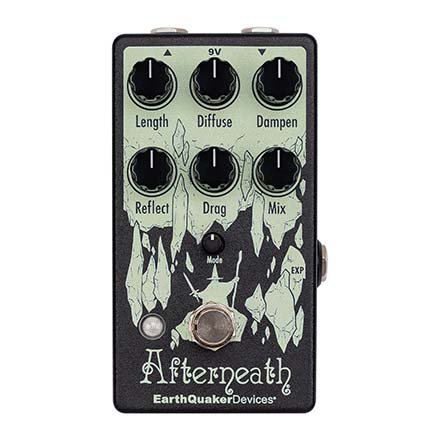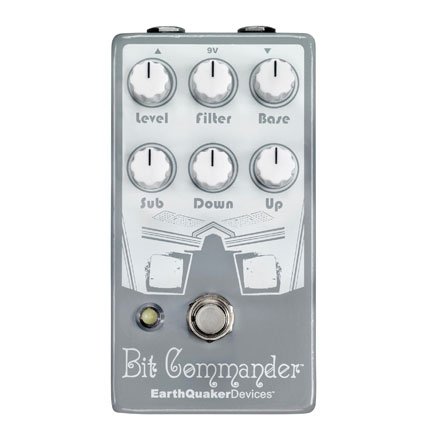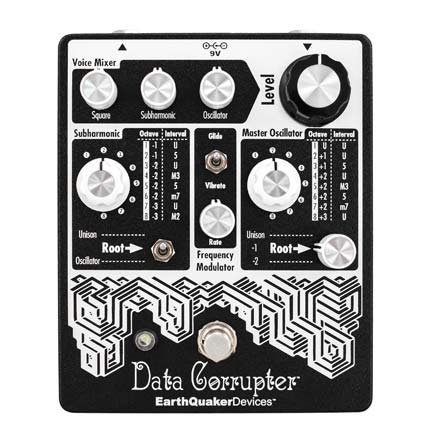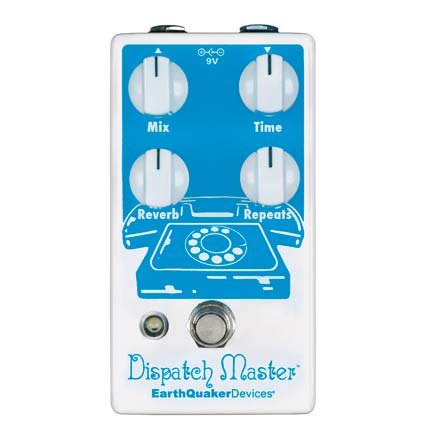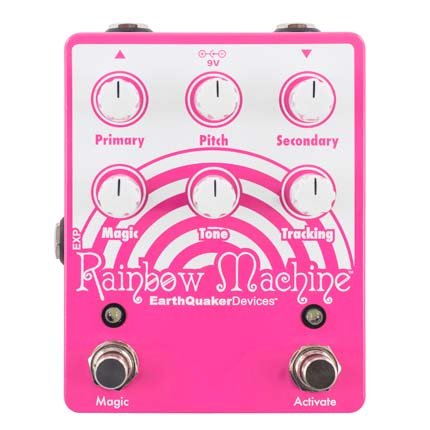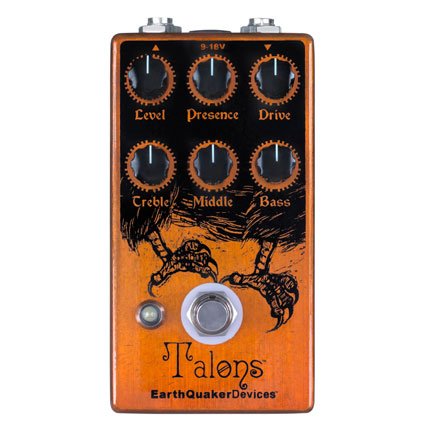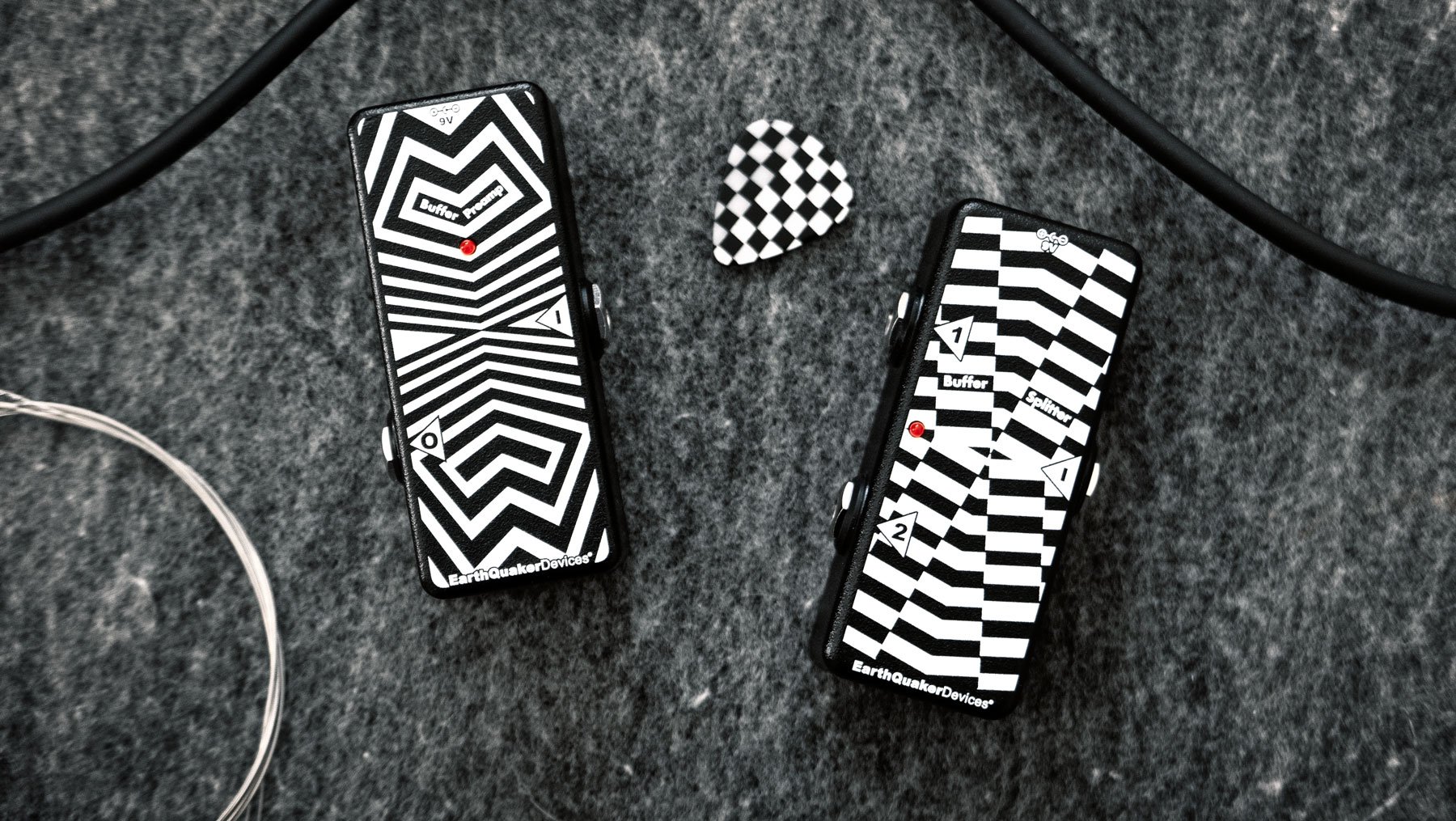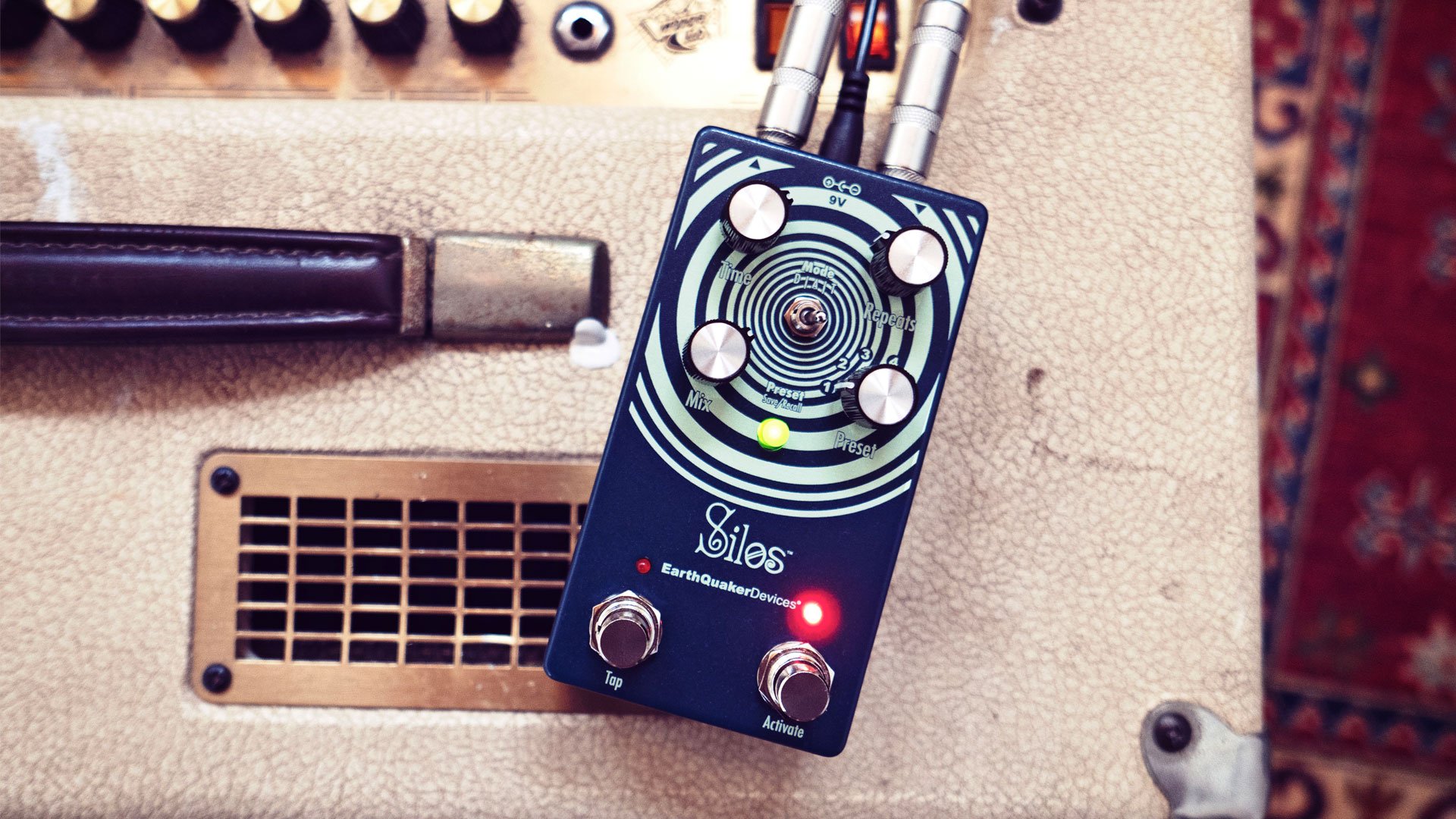Talk About Your Junk : Aaron Espinoza
Malcolm X Abram
Throughout February, EQD's "Show Us Your Junk!" video series is showcasing the "Rock Block," an actual city block in Los Angeles' Silver Lake neighborhood that houses the studios of veteran producers, mixers, and musicians Aaron Espinoza (The Ship), Rob Schnapf (Mant Sound Studios) and Dave Trumfio (Kingsize Soundlabs). The fourth member, Manny Nieto, has since moved his Suplex Audio to a new location, but we've included him because Manny was the first to find and build a studio in that location. As an addendum to the "Show Us Your Junk!: Rock Block" series of videos, we asked each producer to answer a few more questions highlighting their methods, professional histories and to share a bit more of their cool gear collections.
Producer, mixer, engineer, and musician Aaron Espinoza has operated the studio The Ship as a collective with friends and other musical-production professionals for 20 years. The studio is part of the Rock Block, a stretch of studios in East Los Angeles that includes Rob Schnapf's Mant Sounds Studios and Dave Trumfio's King Size Soundlabs. Espinoza is also half of the post-rock duo Earlimart with Ariana Murray, which has released six albums and had their songs placed all over television and movies, including episodes of the television series Ugly Betty, Vampire Diaries and House, and the comedy-drama film Humboldt County.
The Ship has an impressive array of gear, mixing vintage and just plain old and unusual gear with new and boutique offerings. The Ship's client list includes The Breeders, Kanye West, Tame Impala's Kevin Parker, Elliot Smith, Carly Ray Jepsen, and many more. Despite the impressive gear and client list collected and earned over time and through maintaining relationships, Espinoza works to keep The Ship affordable. That desire to make it easy for young or just broke bands to make good records harkens back to his early days as a band member and budding producer, recording his friends' bands for free simply because capturing the music is what matters most.
After taking us on a tour of The Ship, Aaron kindly answered a few more questions about his methods, his journey to the mixing board, and his gear.
EarthQuaker Devices: You talk about your early Boom Box dub experiments, but what was your first piece of "real" gear? Do you still have it? Wish you did?
Aaron Espinoza: The first real piece of gear was a TASCAM cassette four track. I don't have it. Wish I did. In fact I'm really surprised that I don't have it … wait, maybe I do? Gotta check the garage.
The first real-real piece of gear we got here at The Ship was an MC1 16 track 2-inch. It is the fattest of ALL tape machines. 16 track 2 inch!!!! And … it's still here! Wooooooo!
EQD: You knew you wanted to do something involving recording sound at a very young age, but when did you discover "engineers" and "producers," and did you have any favorites while growing up? Have any favorites now?
AE: I got super into music at an early age…it was the 80's, so all-new wave synth stuff for me in the beginning. I read every word on the back of those records and cassettes. The names of the band … the studios … the engineers … producers … mixers. Names like Chris Hughes (Tears for Fears) and Eno / Lanois (U2) and Steve Lillywhite, Alan Moulder (Depeche Mode), and later on Flood. Also picking up on which artists were also credited and taking part in production… Martin Gore, Roland Orzbal, Peter Gabriel, etc, was very inspiring for me.
And today, I'm still an "anything Lanois" guy. I love distortion, therefore, I love Tchad Blake!
Danger Mouse is a big influence … and a rad person! I’ve gotten to know him a bit over the years.
Robin Hannibal … worked with him a bunch. He's the real deal. Rob Schnapf produced all my favorite records. The one and only Tobias Kuhn! Suzy Shinn: fuck yeh! And Jason Lytle is my favorite!
EQD: Do you recall the point in your life when you began to seriously think,"I want to own a studio and make kick-ass records with and for other musicians"?
AE: I was living in Fresno, California around 1995., I found a band called FUCK out of San Francisco. They sound like the exact opposite of what you would normally think of when you think of a band named FUCK. They wrote these tiny, little, quiet, beautiful songs. Incredible stuff. They had their own studio and made their own records. They had their own label. They made their own packaging for the records. It was awesome and so inspiring. I know it sounds super naive, but at the time, I just didn't know you could do that. I thought you had to get discovered and shipped off to Hollywood, and then you could make a record. I thought those were the rules. Once I discovered that you could do all this shit yourself, it was on. And it never stopped!
EQD: What's your current favorite piece of gear?
AE: The Elliott Smith TELEFUNKEN V76 mic pres.
EQD: Do you miss being in a working and touring band?
AE: Sometimes. That was a huge part of my life and my identity, really. But I'm so fortunate to be able to work on music, in all sorts of different capacities, every day. Be it the engineer, producer, songwriter, mixer, or just facilitating and managing the booking of The Ship for others to use. It's really the dream! EARLIMART is not done, by the way. You have been warned!
EQD: How important was being in a band to your production process/style?
AE: It was everything. I was able to learn how to make a record organically.
And then, the studio started to inform the band, and the band informed the recording process. And it just keeps going.
EQD: Many of the engineers/producers started out interning/sweeping floors.
AE: I did not. I made my own opportunities with the help of my band and bandmates in EARLIMART, and the artistic community of Silver Lake at that time.
EQD: You sort of glossed over this part of your gear arsenal, but how the heck did you get Brian Wilson's piano, Morricone's (!) synth, and Ray Manzarek's organ? That's an impressive trio of composers. Should at least two of those instruments be in the Rock n' Roll Hall of Fame?
AE: Brian Wilson was a family friend, and Ray Manzarek used to own Morricone's Crumar synth. Ray's granddaughter, Lily, is a real estate agent. She sold one of Ray's properties to my new neighbor. In that property was a basement … and you see where this is going. Hollywood shit. Eventually, I got the stuff.
EQD: What was one of the most important lessons you learned about recording and/or producing when you first started working as a producer?
AE: I think it's really all about the relationships. You have to basically be a trusted partner within the artist's process. You are basically in the band with me. You have to create and provide such an honest and safe environment, that everyone is willing to try shit, fail, and try again.
EQD: Between the proliferation of wildly successful "bedroom producers" such as Billie Eilish and Finneas and various beatmakers, the wide availability of affordable and sonically decent home recording gear "bundles," what is still the appeal of going to a capital "P" Professional Recording Studio with a professional engineer/producer? What can that environment bring to the creative process that recording in the garage can't?
AE: My home studio, aka The Garage, aka The Autozone, is pretty cool! I think the real upside of a studio with professional engineers/producers is the ability to collaborate with others in a creative space. There's sort of a time warp element to it as well. When you are in a studio or any location that is not your house or bedroom, you can potentially drift off and get to that creative space, maybe a bit easier than if your roommate is in the kitchen making mac and cheese. Though that's always good … mac and cheese. Anyway, the ability to just check out and go to a creative space and lose all sense of time and responsibilities! Ha!!! With others!!
EQD: Boomer bands often talk about the competition "between bands back in the day" (Beatles/Stones, etc.), but you value community. How did being part of a musical community instead of competing help you become a better producer?
AE: I mean, there was definitely competition. Healthy competition amongst each other. You know, try to write a better song than The Movies. Have a better show at Spaceland than Irving. Make a better sounding record than The Radar Bros. But to answer the question, I guess I'd say the community aspect of it all lent itself to sort of an incubator? We just all tried different shit, without fear, knowing we were all supportive and rooting for each other. Except for (Manny Nieto's band) Distortion Felix. They were dicks!
EQD: When reading Tape Op and other publications, most famous producers/engineers from the 60s-90s talk about sweeping floors or running tape until they got their big break behind the board. With so many schools and online courses, that process now seems very old school. Do you think it's essential to encourage interested young folks to get hands-on experience? Do you have any interns or assistants making coffee while waiting for their chance to record a future superstar?
AE: Like I mentioned earlier, I didn't intern at a studio or go to a recording school, outside of one recording class I took at Fresno City College. I got an F. I started a band and recorded our songs. Then I started to record other bands that we were playing within the scene. Then I eventually built The Ship, and so on.
I would suggest to folks looking to get into the recording biz do the same, only cause that's how I did it. That's the only way I personally know how. So much of getting into the studio work is meeting people, making friends, relationships, and what better way to do that than through a band?
Now it's not easy. And being self-taught is not always the easiest road, but it sure is fulfilling. Every little accomplishment is fucking huge when you are self-made.
Not to say "Don't go to school" or "Don't intern or assist." I just think you have to be extremely proactive. Nobody is gonna hand you shit. You have to create your own opportunities. Start a band. Record that band. And do it again, and again, and again until you start recording other bands, and do that again, and again, and again.
Malcolm X Abram is a recovering reporter and music writer and a proud 40 year guitar noodler. He lives, works and plays in the bucolic dreamland of Akron, Ohio in an old house with two dogs who don’t really like each other and way too many spiders.


